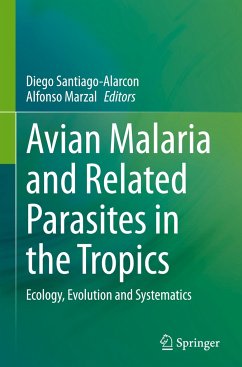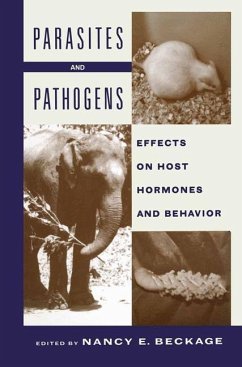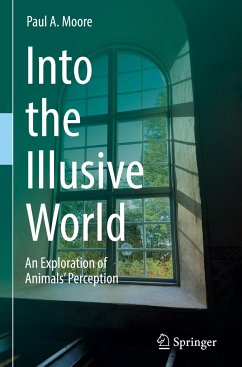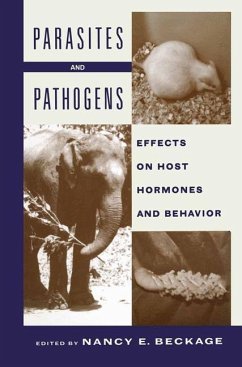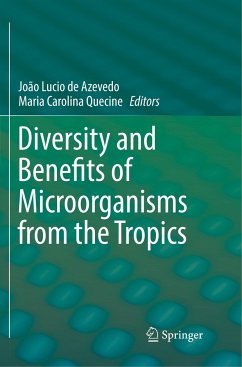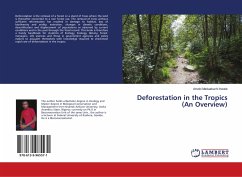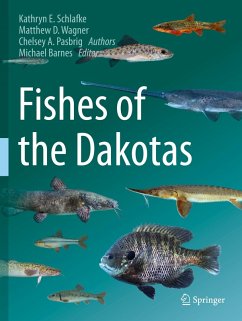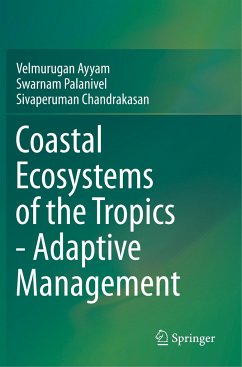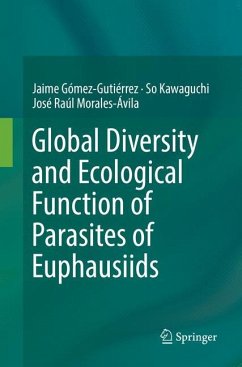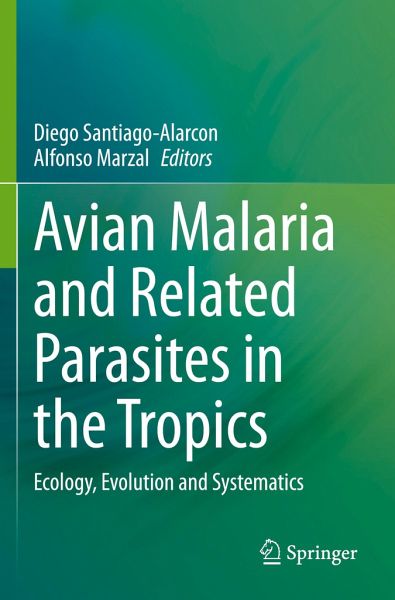
Avian Malaria and Related Parasites in the Tropics
Ecology, Evolution and Systematics
Herausgegeben: Santiago-Alarcon, Diego; Marzal, Alfonso
Versandkostenfrei!
Versandfertig in 6-10 Tagen
76,99 €
inkl. MwSt.

PAYBACK Punkte
38 °P sammeln!
The Tropics are home to the greatest biodiversity in the world, but tropical species are at risk due to anthropogenic activities, mainly land use change, habitat loss, invasive species, and pathogens. Over the past 20 years, the avian malaria and related parasites (Order: Haemosporida) systems have received increased attention in the tropical regions from a diverse array of research perspectives. However, to date no attempts have been made to synthesize the available information and to propose new lines of research. This book provides such a synthesis by not only focusing on the antagonistic i...
The Tropics are home to the greatest biodiversity in the world, but tropical species are at risk due to anthropogenic activities, mainly land use change, habitat loss, invasive species, and pathogens. Over the past 20 years, the avian malaria and related parasites (Order: Haemosporida) systems have received increased attention in the tropical regions from a diverse array of research perspectives. However, to date no attempts have been made to synthesize the available information and to propose new lines of research. This book provides such a synthesis by not only focusing on the antagonistic interactions, but also by providing conceptual chapters on topics going from avian haemosporidians life cycles and study techniques, to chapters addressing current concepts on ecology and evolution. For example, a chapter synthesizing basic biogeography and ecological niche model concepts is presented, followed by one on the island biogeography of avian haemosporidians. Accordingly, researchers and professionals interested in these antagonistic interaction systems will find both an overview of the field with special emphasis on the tropics, and access to the necessary conceptual framework for various topics in ecology, evolution and systematics. Given its conceptual perspective, the book will appeal not only to readers interested in avian haemosporidians, but also to those more generally interested in the ecology, evolution and systematics of host-parasite interactions.



